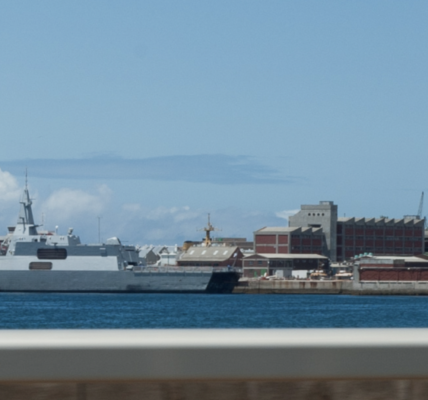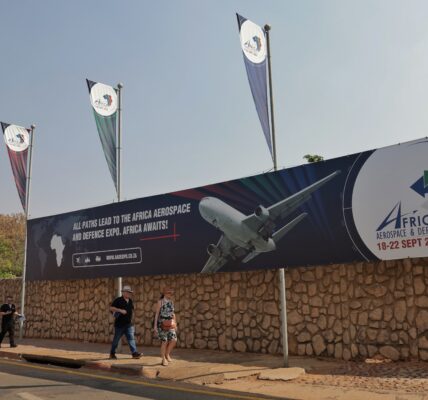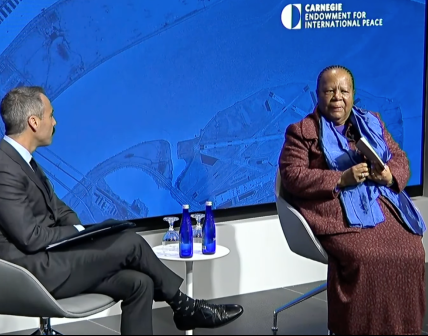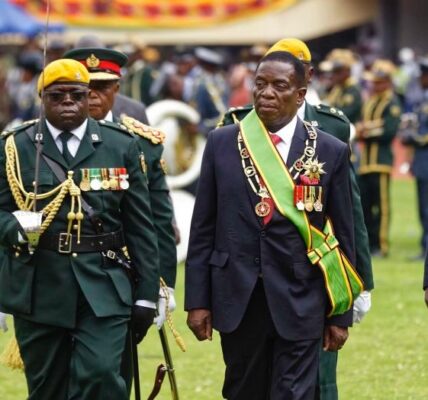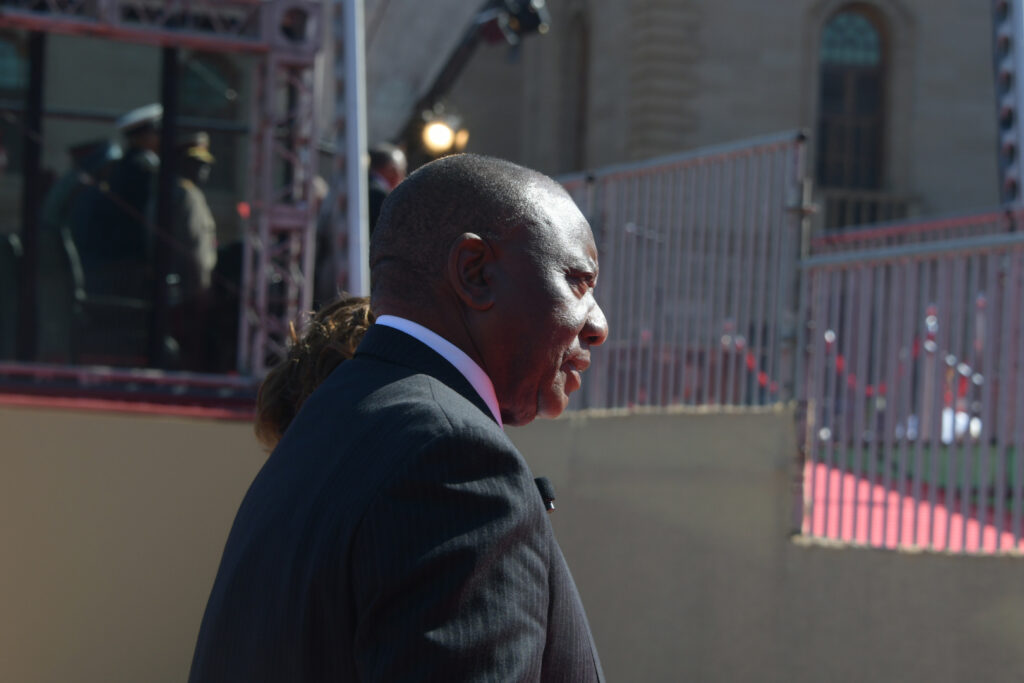
“We’re close, if not a matter of hours, then a day or so” to find agreement on a Government of National Unity, according to Tony Leon, a negotiator from the Democratic Alliance (DA), the country’s official opposition party. It is an announcement that the country has been waiting for since voting almost a month ago.
There were leaked documents and finger-pointing. The markets surged and then plateaued as a deal seemed out of reach. But now, it seems that South Africa can once again surprise the world with its ability to overcome differences.
In an interview with National Security News, Leon, a former leader of the DA and ambassador, did not want to speculate on which Cabinet positions his party might occupy but emphasized that it’s not only about the quantity but also the quality of positions in the new government and state departments that count.
“I think if there is an agreement, the DA has got to receive, under the terms of the June 14th agreement, a broadly proportional share. It doesn’t have to be exact numbers, but it’s got to reflect the fact that the DA is a 22% party and not a 2% party. And the fact that the ANC is a 40% party and not a 70% party,” he said.
All parties committed themselves to corruption-free public service
Commenting on whether the DA would be able to act as a watchdog over the government if it is part of it, Leon said the party would continue to do what it knows best: providing robust parliamentary accountability. The DA, he said, has a very clear stance on corruption and anti-corruption measures.
“I have to say all the parties—and this is a theoretical construction right now, because we have to see what happens when the rubber hits the road—have committed themselves to a corruption-free public service. There’s been not much evidence of that in South Africa over the last 30 years, but let’s hope that a new government turns a new page. We’ll have to see.”
Details of the relationship between the government and public servants need to be worked out
Leon mentioned that one of the issues discussed in the DA’s engagement with the ANC is that they don’t want to be “’n winkel poppie in ‘n venster,” which is Afrikaans for being in the Cabinet for window dressing.
“You actually want to have levers of power, not for power’s sake, but because you want to make a difference in the governance, you’re part of. Something’s got to be attached to those levers.”
Reflecting on the potential obstruction by public servants, Leon remarked that it can’t be recalcitrant public servants spending all their time frustrating the purposes of their political leaders. That issue, he said, will have to be resolved.
There has been very little time for coalition forming in South Africa, Leon noted. Comparing South Africa with a country like Belgium, which has only ever had coalition governments and a very fractured polity similar to South Africa, he pointed out that it took over a year for Belgium, the Netherlands, and Germany to form coalition governments.
The next phase, he said, involves finalizing the details of governance and the relationship between the government and public servants. This, he noted, “is beyond the letter of the law, which obviously must be upheld, and will be negotiated in the next few weeks and months if the Government of National Unity gets going.”
South Africa has got to get its mojo back
“The country was at a very high place of global expectations in the nineties, and we’re in a much more modest place now,” said Leon. “We’ve got to get our mojo back.”
“The whole investor community is looking to see what signals will come from this. If they’re good signals, I think there’ll be a re-engagement by the markets and by investors globally. If they’re bad signals, the situation could deteriorate very rapidly,” Leon stated
Foreign Policy: Differences don’t Disappear in a GNU, Ramaphosa will have to weigh contradictory voices
Commenting on the sticky point of foreign policy differences between the Democratic Alliance and the ANC, Leon said, “There are big differences on many policy fronts, and foreign policy is one of them. Those differences and dissenting viewpoints don’t disappear in a government of national unity.”
The ANC, he said, is a 40% party and the DA a 22% party, so the ANC voice is significantly bigger than the DA’s, but “it doesn’t crowd out every other voice in the room under these new arrangements.”
“There are greater contradictions in the policies of other parties in the GNU than anything the DA has to offer. The DA is not a factional party, but you’ve got quite a few factional parties with very strong foreign policy views who are going to be in this government. It’s not for me to determine but for the president to weigh up all those contradictory voices.”


